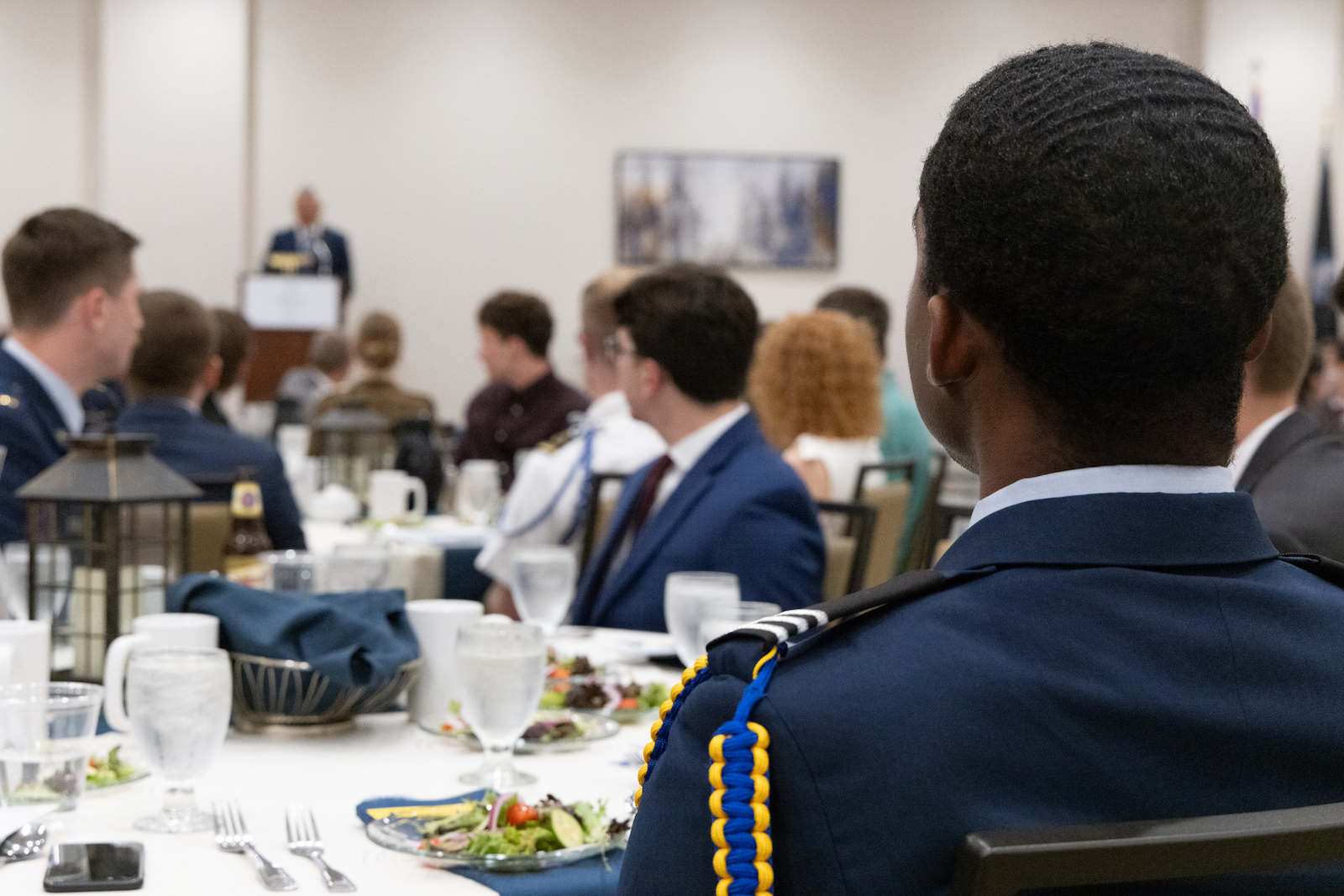2003
Dr. Kamal Jabbour, ST, starts the Advanced Course in Engineering (ACE) Cyber Security Boot Camp with 12 AFROTC cadets and 2 civilians. The 10-week program educates interns on the science of information assurance and trains them in the art of cyber warfare. The leadership development component of the ACE focuses on problem-solving through technical excellence, communication skills, and on-time performance. Capt Raphael Mudge, a graduate of the inaugural program, sums up what he learned best in a blog post: cobaltstrike.com/blog/the-ace-problem-solving-method-i-use-this/.
2004-2006
At a congressional hearing on the topic of “Cyber Security Education: Meeting the Needs of Technology Workers and Employers,” an ACE alumnus discusses his experience and the impact of the program. ACE expands cyber outreach from AFRL/RI into the schools, leading to the creation of the first high school course in cyber security in the nation.
2007
In 2007, Congress grants funding for the Advanced Course in Engineering. The ACE is designated as a CSAF Special Interest Item and funded through the Air University POM for 5 years.
2008
Air Force Research Laboratory Information Directorate (AFRL/RI) obtains funding from ROTC (Reserve Officer Training Corps).
2009
ROTC cancels some of its summer internship programs, but the ACE continues at Rome.
2010
ACE transitions to the Air Force Institute of Technology. AFRL/RI refocuses its cyber outreach activities to a research-based Information Assurance (IA) internship, allowing the spirit of cyber education to continue in Rome through the IA internship.
2011-2012
AFIT runs the ROTC ACE program but rebrands itself as “Advanced Cyber Education.”
2013
AFIT cancels ACE. RI expands the IA internship to accommodate displaced ACE cadets and assure the AF a pipeline of cyber researchers. AFRL/RI welcomes its first UK intern.
2014
ACE includes USAFA, USNA, British Royal Air Force, Royal Navy, and British Army/MOD civilians.
2015
ACE trains the military academies through the transition of mission-oriented cyber operations to CPA. Two ACE interns participate in RED FLAG as part of the aggressors to help provide a contested, degraded cyber environment to blue forces.
2016
The ACE redefines cyber training exercises and launches the operationally relevant BLUE EDGE exercise.
2017
After several years of distinguished service and the conclusion of another successful summer of ACE, Dr. Sarah Muccio passes on the torch to Dr. Erich Devendorf.
2018
ACE provides the core technical background for the first NCX. ACE redefines the RMC curriculum through the transition of BLUE EDGE to the joint NSA and RMC Capstone.
2019
ACE expands to include Australian interns. The program represents a coming together of expertise and lessons learned through this rich history. With the largest class yet consisting of 46 interns this year, the ACE continues to create the cyber leaders the nation needs.
2020
In response to the COVID-19 crisis, ACE executes its first virtual program. General Wilson, VCSAF, commemorates the success and accomplishments of the program during the graduation commencement.
2021
ACE conducts a hybrid program, with the first 4 weeks of the program conducted virtually. The ACE interns and staff all convened in person for the first time during the Gettysburg trip, after which the program was conducted in person.
